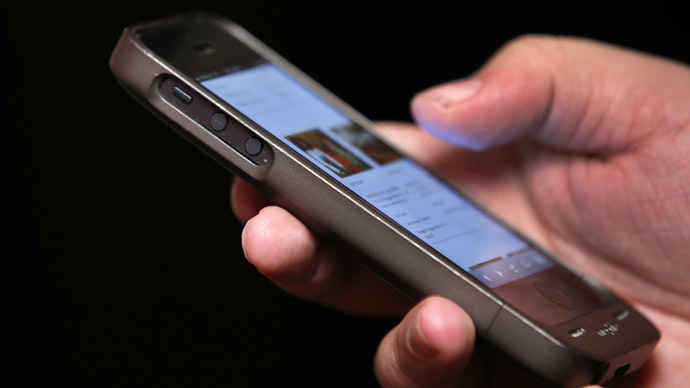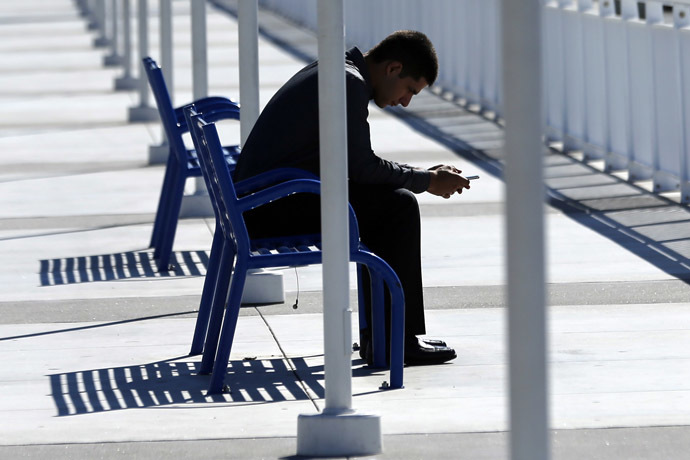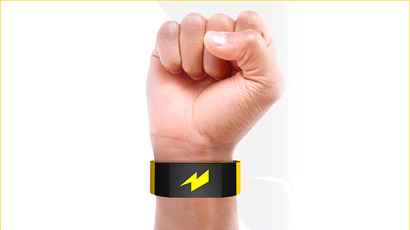Anti-depression app: Smartphones to analyze mental health through speech

If you are one of more than 350 million people globally who suffer from depression, then scientists are working for a new smartphone app for you that will detect when you’re having a tough time through speech analysis.
Researchers from the University of Maryland are seeking to develop an app based on their scientific finding that claim that as patients' feelings of depression worsen, certain vocal features change in their voice.
Acoustician Carol Espy-Wilson and her colleagues have discovered that patients’ vocal patterns change as feelings of depression worsen.
“Their emotions are all over the place during this time, and that's when they're really at risk for depression. We have to reach out and figure out a way to help kids in that stage,” she said in a press release.
A quantitative probe measured the depression of each of the six patients using a standard clinical evaluation tool, the Hamilton Depression Scale, and then recorded them speaking openly about their daily experiences.
The experiment, which lasted over a period of six weeks, discovered that as feelings of depression were worst, the speech tended to be breathier and slower. Increases in jitter and shimmer were also found in patients' voices.
Now scientists plan to conduct the experiment on a larger population sample, focusing on comparing speech patterns in people with no history of mental illness.
Last week, Samaritans Radar, a new smartphone app, was unveiled, tasked with monitoring Twitter users’ feeds for signs of depression. Once linked to an account, the app will send users alerts when someone they follow tweets something alarming.

In September, researchers at Dartmouth College created the first smartphone app that tracks students' mental health, academic performance and behavioral trends.
“The StudentLife app, which compares students' happiness, stress, depression and loneliness to their academic performance, also may be used in the general population – for example, to monitor mental health, trigger intervention and improve productivity in workplace employees,” Dartmouth College said.
According to the California-based Zur Institute, a number of smartphone apps have been developed to help the mentally ill cope with their impairment, including 10 that deal with depression.
The World Health organization says that more than 350,000 people suffer from depression globally:
“Depression is different from usual mood fluctuations and short-lived emotional responses to challenges in everyday life,” WHO says in its material on mental health. "Especially when long-lasting and with moderate or severe intensity, depression may become a serious health condition. It can cause the affected person to suffer greatly and function poorly at work, at school and in the family. At its worst, depression can lead to suicide. Suicide results in an estimated 1 million deaths every year.”













